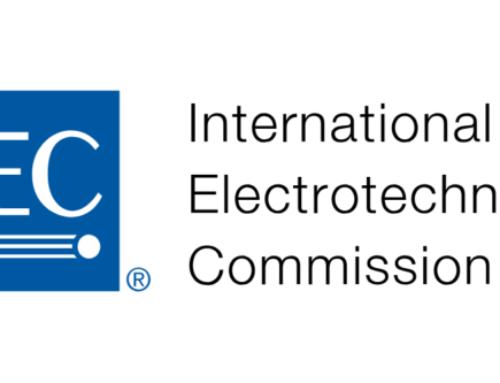On 17 September 2020, the SAC/TC28 Smart City Standardisation Working Group held its first and inaugural meeting in Beijing.
 During the meeting, Dai Hong, the leader of the Working Group and former inspector of the State Administration for Market Regulation’s Product Quality Security Supervision and Management Department, outlined for main objectives and requirements for the working group:
During the meeting, Dai Hong, the leader of the Working Group and former inspector of the State Administration for Market Regulation’s Product Quality Security Supervision and Management Department, outlined for main objectives and requirements for the working group:
- Complete, as soon as possible, the formulation of the framework of the standards system, as well as short- and long-term standardisation plans;
- Adhere to the principle of openness, by actively involving local governments, the public and private sectors, and other relevant parties;
- Closely monitor international developments and trends, and design of an international standardisation strategy;
- Carry out work in strict adherence to the regulations approved during the first inaugural meeting.
The meeting reviewed various procedural documents, including the regulations of the working group, the administrative methods for the thematic groups and panels, and the 2020 work plan. The participants exchanged views and discussed in particular on the organisation mechanisms of the working group, as well as its key research areas and methodologies. The working group will next focus on the establishment of standards system and mechanisms, specifically through the launch of fundamental research, the development of national standards, participation in international standardisation activities, as well as standards implementation and promotion.
To date, China has achieved significant progress in the standardisation of smart city, including the establishment of:
- The National Smart City Standardisation Coordination and Promotion Group, Administration Group and Expert Advisory Group, whose objectives are to propel the work of China smart city standardisation and the formulation of the basic general standards;
- SAC/TC28, focusing on information technology;
- SAC/TC426, focusing on construction;
- SAC/TC268, focusing on transportation;
- CCSA, focusing on communication technology;
- And other organisations and institutions such as CNIS, which contributed to the formulation of smart city standards from various perspectives, e.g. sustainable development.
Among these standardisation organisations, TC28 has been the longest and biggest source of smart city standards. The establishment of the Smart City Standards Working Group under TC28, therefore, can be seen as another step taken by China to further strengthen and centralise standardisation work in the field of smart city.
https://mp.weixin.qq.com/s/1aYT_wa-epCgircqWdbO5g




